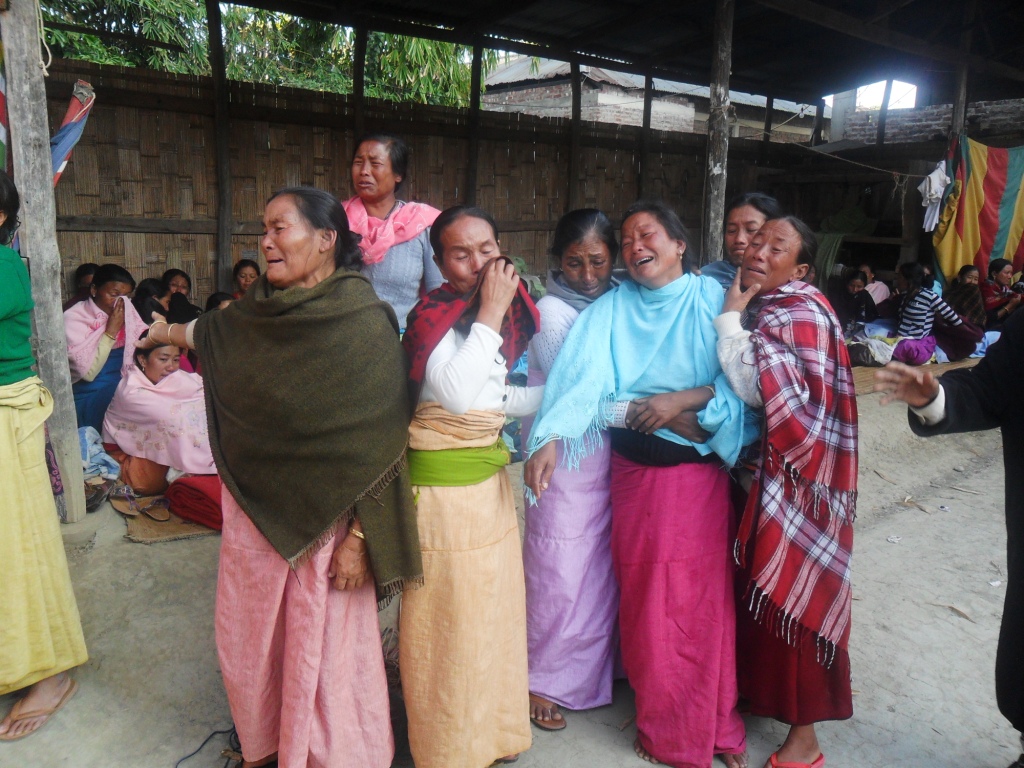The Meeteis or Meiteis are the majority ethnic group of Manipur, India, and because of this are sometimes referred to as Manipuris. Generally speaking, Meitei is an endonym and Manipuri is an exonym. The Meitei people are made up of seven clans, who trace their written history back to 33 AD.
Meiteis occupy only 10% of the total geographical areas of the present day Manipur State. It is situated in the far Eastern part of India, bordering Myanmar in the East and South-East. The majority of the people of Manipur are the “Meiteis” who mainly inhabit in the plains which is roughly only about 10 % of the total geographical areas (2238 km2) whereas the Nagas and Kukis dominate the hilly areas which form the rest 90 % of the land (20089 km2) .The valley people were ruled by their Meitei kings but their ruled never extended beyond the Valley and the Hill areas remains under various chieftain of the Tribes. Meitei is also written as Meetei.
The Meitei society has shared with the Nagas and Kukis, the other two dominant communities settled mainly in the hills. The seven clans of the Meiteis ruled in different principalities, mainly in the valley. The Meitei feudal kingdom started in 33 AD when King Pakhangba of the Ningthouja Dynasty united all the seven clans and ascended the throne. The term Meitei now refers to five social groups now – the Meitei marup (believe in only Meitei culture and God), Meitei Christians, Meitei goura Chaytonya (believe in both Meitei and Hindu gods), the “Meitei” Brahmins[citation needed] (locally called Shreehatti original Bhamons) and the Meitei Muslims (called Miah Meitei or Pangal). All of them has Meiteilon as their mother-tongue.
Text adapted from Wikipedia’s article on the Meitei Peoples


